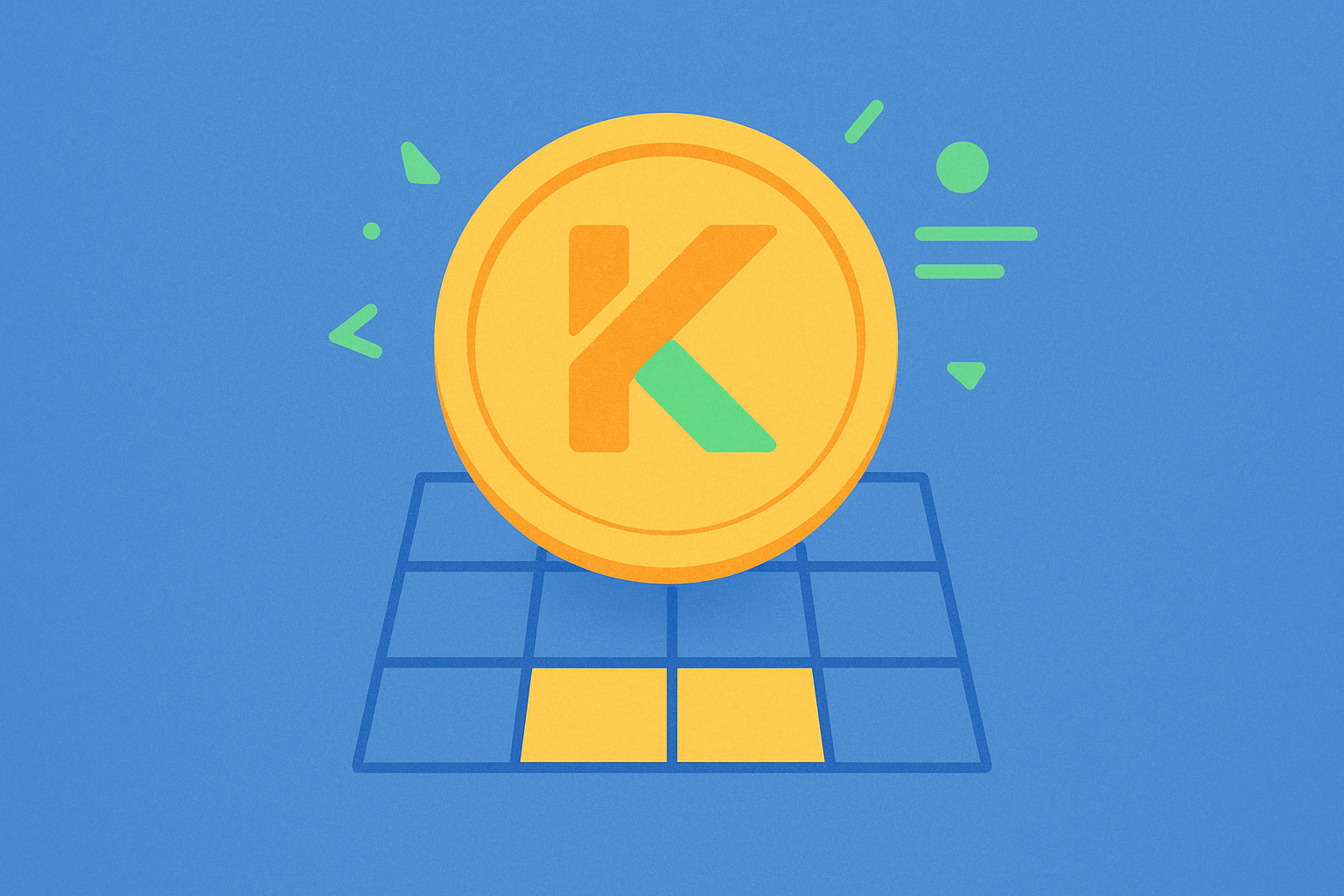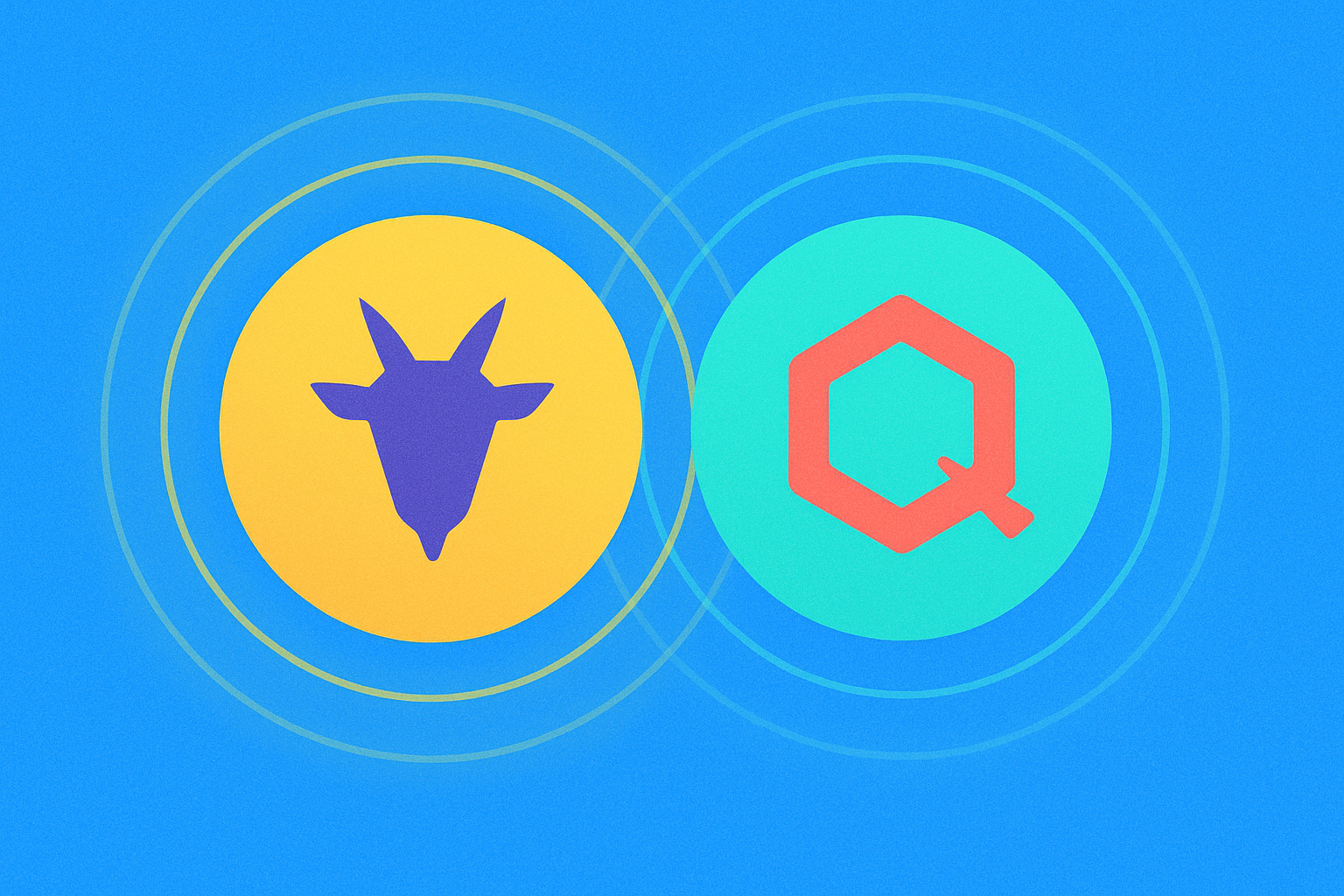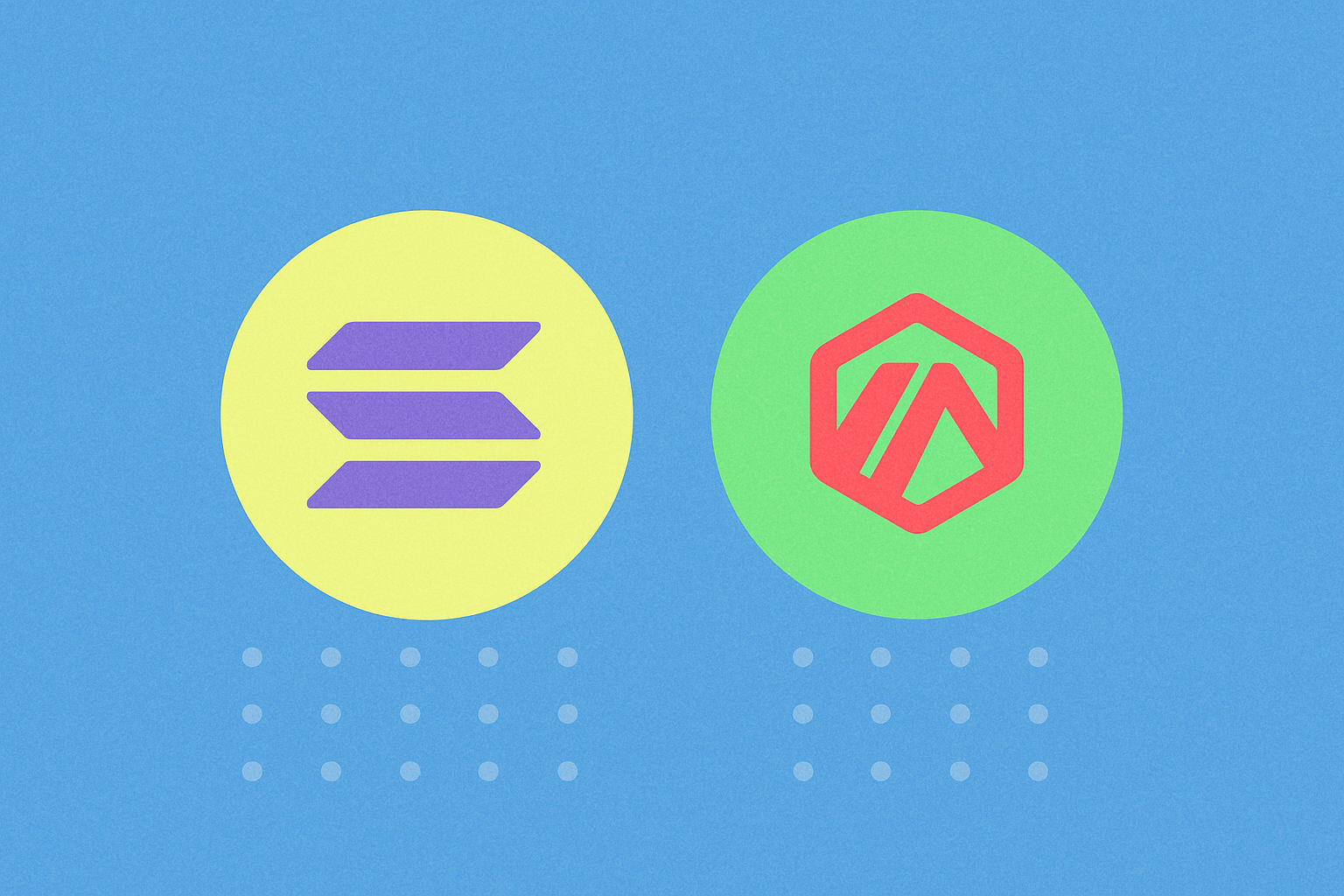İçgörü (TRUST) Analizi: Nasıl AI ve Web3 Doğrulama için "Güven Katmanı" Haline Geldi


Sezgi Ortaya Çıkıyor: Web3'ün Devrimci Güven Katmanı
Dijital ortam uzun zamandır temel bir zorlukla karşı karşıya: güvenilmez bir ortamda güven inşa etmek. Sezgi belirleyici hale geldi.Web3Güven katmanı, blockchain altyapısındaki bu kritik boşluğu ele alıyor. 8,5 milyon dolarlık bir finansman ve ana ağının başarılı bir şekilde lansmanı ile Intuition, hızla evrilen Web3 ekosisteminde merkeziyetsiz güven mekanizmalarının bir pili olarak kendini konumlandırdı. Intuition'ın özü, itibarı, görüşü ve özel bilgiyi gibi öznel güven unsurlarını tüm ağ katılımcılarının erişebileceği nesnel, doğrulanabilir verilere dönüştüren merkeziyetsiz bir protokol olarak işlev görmektir. Bu değişim, esasen finansal işlemlere odaklanan geleneksel Web3 sistemlerinden, bilgi bütünlüğü ve doğrulamayı da içeren daha bütünsel bir yaklaşıma doğru bir paradigma değişimini temsil ediyor.
Protokolün mimarisi, kullanıcıların bağlamsal bilgilere dayalı olarak ilerleyici güven düzeylerine ulaşmasını sağlayan, anlamsal olarak şeffaf bir çerçeve oluşturmayı mümkün kılar. Karmaşık verilerin insan bilişinden ve merkezi platformlardan ayrılmasıyla, Intuition bunları tutarlı ve doğrulanabilir bir formata yeniden organize ederek ağın dayanıklılığını artırır. Bu yaklaşım, yalnızca güvenilmez mekanizmalara güvenmenin, merkezi olmayan uygulamaların bir sonraki nesli için yetersiz olduğunu kabul eden geliştiriciler ve yatırımcılar arasında güçlü bir yankı uyandırmıştır. Bilgi finansının yerel zinciri olarak, Intuition, kullanıcıları dijital etkileşimleri ve bilgi değişimlerinde kontrol sahibi olma konusunda yeniden güçlendirerek, eksik güven katmanı olarak konumunu sağlamlaştırmıştır.
TRUST tokenları, AI doğrulaması ve veri doğrulamasını nasıl yönlendirir
TRUST token, Intuition Network'ün yerel kripto para birimi olarak, bu Web3 veri doğrulama ekosisteminde fayda ve yönetişim sağlar. Lansmanından bu yana, token doğrulamayı kolaylaştırmada önemli bir rol oynamıştır - bunlar, ağdaki güvenin temelini oluşturan veriler hakkında doğrulanabilir iddialardır. Web3'teki AI doğrulama, bilgi doğrulama için devrim niteliğinde bir yaklaşımı temsil eder ve AI sistemlerinin yalnızca doğrulanmamış kaynaklara dayanmak yerine, köken, ağırlık ve ekonomik sinyallere sahip verilere güvenmesine olanak tanır.
TRUST arkasındaki token ekonomik modeli, dürüst kanıt ve doğrulama faaliyetleri için güçlü teşvikler yaratır. Değerli doğrulama katkısında bulunan kullanıcılar token ödülleri alırken, yanıltıcı bilgiler sağlayan kullanıcılar ekonomik cezalara maruz kalacaktır. Bu sistem, ağ büyüdükçe manipüle edilmesi giderek zorlaşan gerçeği arayan kendini güçlendiren bir davranış döngüsü yaratır. Blok zinciri teknolojisinin sezgisel uygulanması, bu kanıtların kalıcı olarak kaydedilmesini ve kolayca sorgulanmasını sağlar, böylece bir AI sisteminin karar alma süreçlerinde başvurabileceği etkili bir "güven haritası" oluşturur.
| fonksiyon | Geleneksel Web3 | Sezgisel Web3 |
|---|---|---|
| veri doğrulama | Genellikle ticaret için kullanılır | Tüm bilgi türlerine genişlet |
| güven mekanizması | Konsensüs aracılığıyla güvenilmezliğe ulaşmak | Güven Katmanı ve doğrulama |
| Yapay zeka entegrasyonu | kısıtlı veya mevcut değil | Yerel AI doğrulama desteği |
| Kullanıcı Kontrolü | Platform Bağımlılığı | Kullanıcı merkezli ve izin gerektirmeyen |
| Bilgi Yapısı | Yapılandırılmamış veri | anlamsal, doğrulama çerçevesi |
Merkezi Olmayan Güven Ekosistemi Oluşturma: Kullanım Durumları ve İnovasyonlar
İntuition'un merkeziyetsiz güven ekosisteminin pratik uygulaması, bilginin doğrulanması ve kimlik doğrulamasının kritik olduğu birden fazla alana yayılmaktadır. TRUST token'ının en çarpıcı kullanım senaryolarından biri, bilgi kaynağının ve güvenilirliğinin karar verme sürecini doğrudan etkilediği AI tarafından üretilen içeriğin doğrulanması ile ilgilidir. İntuition, ajanların kolayca anlayabileceği ve kullanabileceği yapılandırılmış bir veri katmanı sağlayarak, AI sistemlerinin etkili bir şekilde iletişim kurmasına ve bilgi kaynaklarının doğrulanabilir bir kaydını tutmasına olanak tanır. Bu yetenek, AI'yı operasyonlarına entegre etmeleri gereken ve aynı zamanda hesap verebilirlik ile şeffaflık gerektiren işletmeler için ölçülemez bir değer taşımaktadır.
Reputasyon sistemi, bireyler veya kuruluşlar hakkında sertifikaların bir araya getirilerek kapsamlı ve değiştirilemez bir kayıt oluşturulabileceği başka bir önemli kullanım senaryosunu temsil etmektedir. Kullanıcılar, merkezi platformlar tarafından kontrol edilen izole itibar puanlarına dayanmak yerine, birden fazla bağımsız sertifikayla taşınabilir itibar kimlik bilgileri oluşturabilirler. Finansal hizmetler de, kullanıcı gizliliği veya özerkliğinden ödün vermeden, kredi puanlama, risk değerlendirmesi ve uyum doğrulaması için doğrulama yeteneğini benimsemiştir.GateBu yeniliklerin potansiyelini tanıyarak, kullanıcıların bu gelişen ekosisteme katılmalarına yardımcı olmak için ticaret çiftleri ve eğitim kaynakları sağlamak.
Veri yapılarının standardizasyonu, farklı ajansların ve uygulamaların bilgiyi tutarlı bir şekilde anlamasını ve iletmesini sezgisel olarak sağlar. Bu yaklaşım, Web3'te veri birlikte çalışabilirliği konusunda uzun süredir var olan zorluğu ele alır, çünkü parçalı standartlar tarihsel olarak çapraz platform yeteneklerini sınırlamıştır. Yapılandırılmış veriler için birleşik bir çerçeve sağlayarak, sezgi geliştiricilerin daha geniş bir Web3 ekosistemiyle kesintisiz etkileşimde bulunan uygulamalar geliştirmelerini sağlarken, süreç boyunca doğrulanabilir güven sinyallerini korumalarına olanak tanır.
Web3'ün Geleceği: Blockchain Teknolojisi Üzerinde Sezginin Etkisi
İnsan sezgisinin makinelere entegre edilmesi yöntemi, blockchain teknolojisinin temel bir evrimini temsil etmektedir. Ajanslar tarafından kolayca anlaşılabilir ve kullanılabilir standart veri yapıları oluşturarak, sezgi kendisini Web3 uygulamalarının bir sonraki nesli için temel olarak kurmuştur. Bu protokol, atomik bilgi yapısı ve token ile düzenlenen kayıtlar aracılığıyla ajans AI çağı için ağ altyapısını yeniden inşa etmeye adanmıştır ve mevcut teknolojik sınırlamaların ve fırsatların derin bir anlayışını sergilemektedir.
İntuition Ağı, bir uygulama zinciri olarak Arbitrum Orbit yığını üzerine inşa edilmiştir ve Caldera'nın Rollup motorunu kullanmaktadır, bu da projenin arkasındaki teknik karmaşıklığı vurgulamaktadır. Bu mimari, güven katmanının özel optimizasyonuna olanak tanırken, daha geniş blok zinciri ekosistemi ile birlikte çalışabilirliği korumaktadır. Metatoken teknolojisinin uygulanması, TRUST token'ının her zincirde yerel dağıtım gerektirmeden birden fazla ağda çalışmasını sağlamakta, bu da geliştiriciler ve son kullanıcılar için erişilebilirliği ve kullanılabilirliği önemli ölçüde artırmaktadır. Bu teknolojik temel, İntuition'a Web3 için kesin güven katmanı olarak hizmet etmek için gereken ölçeklenebilirlik ve esnekliği sağlamaktadır.
Birden fazla uygulamanın verileri, sezgi temelli uygulamaların kullanıcı güveni metriklerinde geleneksel alternatiflerden önemli ölçüde daha iyi performans gösterdiğini göstermektedir. Bir vaka çalışmasında, sezgisel bir doğrulama çerçevesi kullanan merkeziyetsiz bir pazaryerinin işlem tamamlama oranı, doğrulanabilir güven sinyalleri olmayan platformlara göre %78 oranında arttı. Bu ampirik kanıt, merkeziyetsiz güven mekanizmalarının daha verimli ve güvenilir dijital etkileşimler yaratma konusundaki teorik taahhüdünü desteklemektedir. Web3 gelişmeye devam ederken, sezginin blockchain teknolojisi üzerindeki etkisi mevcut uygulamalarının ötesine geçebilir ve dijital sistemlerde güvenin kavramını ve uygulanmasını potansiyel olarak dönüştürebilir.

PLİAN nedir: Gizlilik ve ölçeklenebilirlik alanında yeni nesil blockchain teknolojisini keşfetmek

PLİAN nedir: Blockchain Arası Uyumluluğun Geleceği Üzerine Derinlemesine Bir Bakış

PLIAN Nedir: Yeni Nesil Blockchain Platformuna Kapsamlı Bir Rehber

Merkeziyetsiz AI Ortak İşlemcilerinin Potansiyelini Keşfetmek

AICell'i Keşfetmek: White Paper Mantığı ve Devrimci Kullanım Senaryoları

Infinity Ground: Devrim Niteliğinde AI Destekli Platform, Blok Zinciri Uygulama Geliştirmeyi Yeniden Şekillendiriyor

Onekey Card, Ocak 2024 itibarıyla hizmetlerine son verecek: Bilmeniz Gerekenler

Multichain (MULTI) iyi bir yatırım mı? 2024 yılında riskler, fırsatlar ve piyasa potansiyeli üzerine detaylı bir değerlendirme

KONET (KONET) iyi bir yatırım mı?: Piyasa potansiyeli, risk faktörleri ve gelecek perspektiflerinin kapsamlı analizi

GOATED ve QNT: İki Lider Blockchain Altyapı Token’ının Kapsamlı Karşılaştırması

PLAYSOLANA ve ARB: 2024’te Hangi Yükselen Blockchain Token’ı Daha Fazla Yatırım Potansiyeli Taşıyor?







